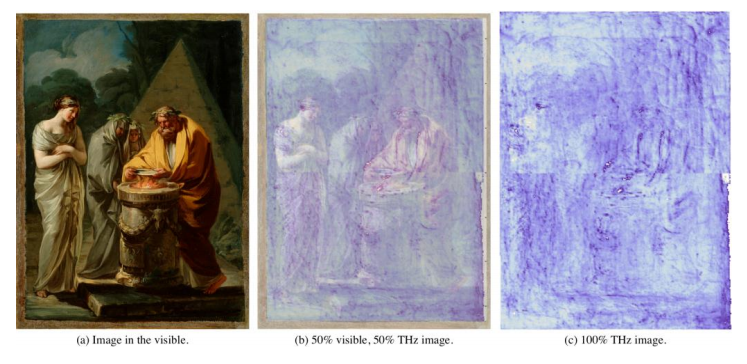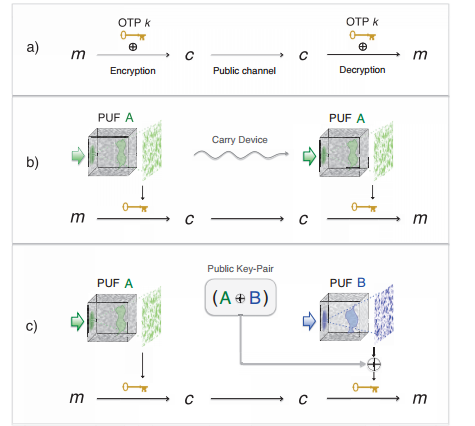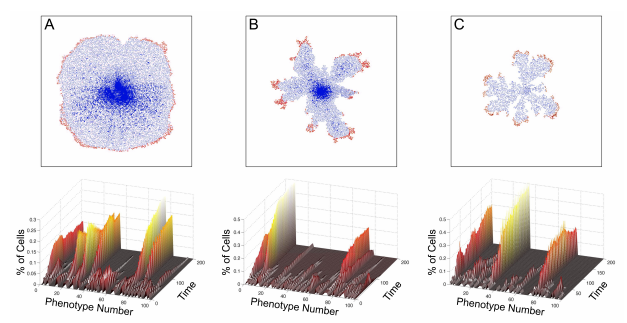- Terahertz Image Reveals Goya's Hidden Signature in Old Master Painting
Darkened varnish obscures Goya’s signature in a 1771 masterpiece, according to a new analysis using terahertz waves




- Google and NASA Launch Quantum Computing AI Lab
The Quantum Artificial Intelligence Lab will use the most advanced commercially available quantum computer, the D-Wave Two.
Quantum computing took a giant leap forward on the world stage today as NASA and Google, in partnership with a consortium of universities, launched an initiative to investigate how the technology might lead to breakthroughs in artificial intelligence.



- Novel Material Shows Promise for Extracting Uranium from Seawater
A so-called metal-organic framework could offer a better way to get at the vast uranium resource dissolved in the ocean.
A new material could potentially be used to extract uranium from seawater more efficiently, new research suggests.



- Google’s Social Network Gets Smarter
With dozens of new features, Google’s social network is becoming more like a photo service and a news site.
Despite the 190 million people that Google says use its social network every month, Google Plus has always struggled to escape Facebook’s shadow and seem like a hopping social destination.



- Human Embryonic Stem Cells Cloned
Scientists produced embryonic stem cells from the DNA of one person combined with a human donor egg.
Scientists from Oregon Health and Science University reported on Wednesday in the scientific journal Cell that they had created embryonic stem cells from a cloned human embryo. This is the first time that human stem cells have been produced using nuclear transfer, a cloning technique in which the nucleus of one person’s cell is transferred into an egg that has had its nucleus removed. The technique could be used to create patient-specific human embryonic stem cells, which could be used to study genetic diseases, aid drug development, and for therapeutic transplantation back into a patient.



- Google Wants to Help Apps Track You
Google will help people who build Android apps follow their users around without draining too much battery life.
Google is giving mobile app creators more ways to tap into people’s activities and locations without draining too much phone battery power.



- Aereo's on a Roll
Aereo CEO says he’s boosted by winning a round in court—and that “lines are very, very long” for his Internet TV offering, despite ABC’s new competing streaming service.
The legal battles are not over for Internet TV startup Aereo. But for now CEO Chet Kanojia, whom I had a chance to interview yesterday, says things couldn’t be better—with “very, very long” lines in markets across the United States for his streaming local TV service that has the broadcast industry in full battle cry.



Digest powered by RSS Digest







